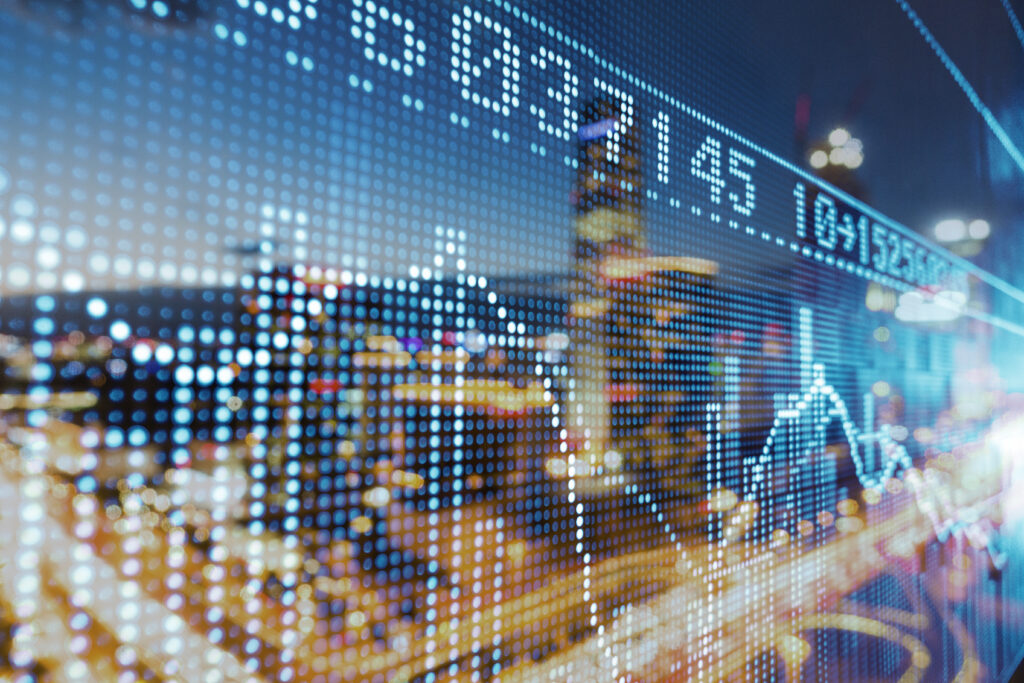Mistral AI flatters French scale-up capital scene as political clouds gather — Dealspeak EMEA
France’s venture capital (VC) fundraising scene has been providing support for a handful of superstars like Mistral AI while struggling to develop a strong bench.
Meanwhile, lawmakers have begun intense budget talks that are expected to last until the end of December in an uncertain political environment.
New taxes on the super-rich are on the agenda, while incentives to encourage investment in innovation might face further changes.
While the results of the talks are so far unclear, dealmakers are concerned that the wealthiest families might cut back investment in VC funds and start-ups if support for President Emmanuel Macron’s business-friendly agenda wavers in a hung parliament.
The evolution of VC funding above EUR 20m for innovative start-ups since Macron’s re-election in 2022 has already been showing signs of fatigue, particularly if a handful of superstars are stripped from the dataset.
So far this year, the country has had 48 financial rounds above EUR 20m for a total value of EUR 3.56bn, according to Mergermarket data. This compares to EUR 3.2bn across 58 deals in the year-to-date (YTD) period for 2024.
However, Mistral AI’s record-breaking capital hike, announced in September, accounts for more than 50% of the total value in the YTD. Without it, the YTD data would have shown a fall of 57% from YTD24.
Source: Mergermarket, data correct as at 24-Oct-25
Political crisis
Investors were becoming more cautious and stricter about profitability and other growth credibility factors for starts-up before the French political crisis broke out in 2024, M&A partner at Weil, Gotshal & Manges Yannick Piette said.
“Rather than overreacting to opportunistic tax measures aimed at reducing France’s debt, investors are primarily focused on whether the country can be effectively governed and address its credit situation in the long run,” Piette said.
Macron was re-elected as President in April 2022 with a mandate to continue supporting start-ups until 2027.
However, the 2022 legislative election in June 2022 was inconclusive, as Macron’s party lost its majority. The next round of parliamentary elections in June/July 2024 led to further setbacks, with Macron’s subsequent Prime Ministers struggling to build a consensus in a hung parliament.
Mergermarket data shows that YTD22 was a particularly good year for large fundraising deals in France before the mood soured.
As the political outlook became more complex, the war in Ukraine, which began in February 2022, the subsequent energy crisis, inflation and the end of ultra-low interest rates hurt the mood, dealmakers said.
Higher interest rates often tend to hurt support for start-ups by altering the cost-of-capital calculations for investors.
Erosion
The attractiveness of start-ups in France could erode further if the government makes further reforms to tax credits for research and development (R&D).
February’s Finance Bill already decreased the rate of the R&D tax credit, known as the CIR.
“Companies doing research do not entirely rely on research tax credit funding but they do take it into account when establishing their business plan,” according to Pierre-Olivier Brouard, partner at Alerion Avocats.
There have already been cases of the government calling back these credits after audits, Brouard said, adding that due diligence processes are focussed on assessing the risks. The credits act as credibility indicators for investors, he added.
Despite the risks, the lack of clarity over the politics could also provide an incentive for prompt dealmaking.
“Political uncertainty could even encourage accelerating some transactions before new taxes are introduced, especially for strategic industries, well-funded big companies and private equity firms sitting on a backlog of exits,” Piette said.
Whatever happens, investor interest in areas like defence, energy, cybersecurity and healthcare is likely to remain broadly resilient, dealmakers said.
Developers of dual-use tech, which have both military and civilian applications, can find a considerable advantage over developers of purely civilian tech in the fundraising market.
French entrepreneurs are still making a case for bold investments, despite the gathering storm clouds.
Ascendance Flight Technologies, a provider of hybrid electric aviation solutions, is planning a funding round of up to EUR 100m, for example.
Also, Sensome, a developer of microsensor technology for medical devices, is planning a USD 45m funding round that will enable it to bring its stroke product to market in Europe and the US.
With low-cost decarbonised electricity and a skilled workforce, it is too soon to rule out the chances of the European Union’s (EU) second economy becoming a genuine innovation hub, despite a no doubt bumpy road ahead.












